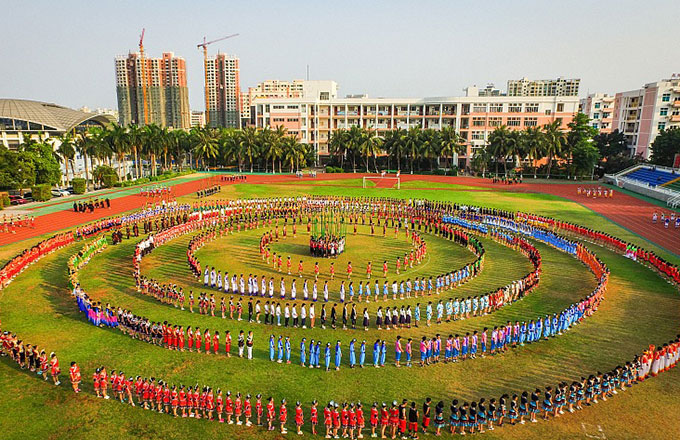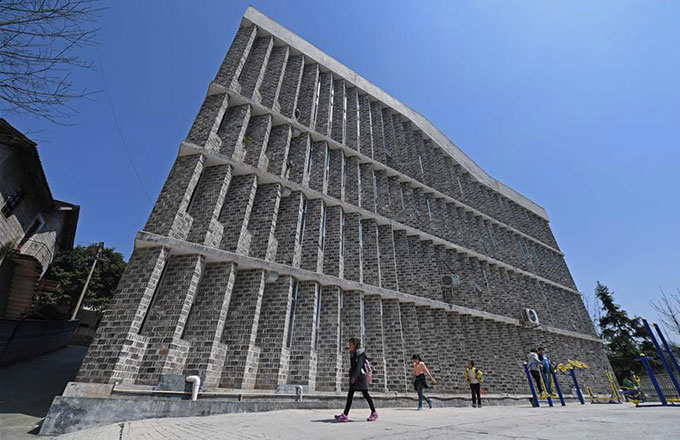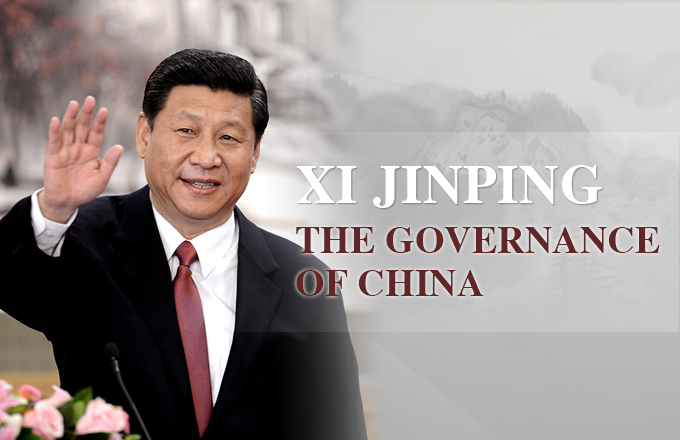Belt and Road initiative provides strong support for UN 2030 goals
The United Nations Belt and Road Initiative workshop was held on April 12 at the United Nations' headquarters in New York.
The workshop, organized by the United Nations Economic and Social Council, was called "The Belt and Road Initiative: Progress and Future Cooperation - Dialogue between the United Nations and Chinese experts".
The forum was aimed at helping United Nations secretariat officials understand how the initiative intersects with the United Nation's 2030 Agenda for Sustainable Development.
The China Energy Fund Committee (CEFC) is an NGO with Special Consultative Status with the United Nations Economic and Social Council.
Deputy Chairman and Secretary General of CEFC, Patrick Ho Chi Ping, was invited to introduce the Belt and Road Initiative at the workshop. Ho said that China's BRI is in line with all the SDGs covered by the United Nations 2030 Sustainable Development Agenda.
The Belt and Road Initiative, in the form of Globalization 2.0, will provide strong support for the achievement of the UN 2030 goals. The 2030 Sustainable Development Agenda covers 17 Sustainable Development Goals and 169 targets. It contains five categories; people, planet, prosperity, peace and partnership.
The agenda will push the world towards three unprecedented achievements— the eradication of extreme poverty, overcoming inequality and injustice, and the mitigation of climate change.
The agenda shows that investment in infrastructure is essential for achieving sustainable development and strengthening community building in various countries.
BRI provides powerful support and protection for achieving these goals. Ho emphasized that the Belt and Road Initiative is not just a wish and a slogan anymore, rather, offering the only realistic path to much-needed global growth, sustainable development and peace at a time of rising uncertainty.
Hong Pingfan, Chief of the Global Economic Monitoring Unit of the United Nations Department of Economic and Social Affairs, said that the United Nations Department of Economic and Social Affairs has established capacity development projects in particular to assist countries in the area along the initiative to analyze and formulate policies.
International cooperation on the initiative is also advanced to accelerate the implementation of the United Nations agenda for 2030 and sustainable development goals. Hong said that the project has four main tasks.
First, to provide training and build a network of cooperation. Secondly, to carry out different levels of policy discussion. Thirdly, to proceed with cross-country joint research and policy analysis and finally, to publish research results and a variety of related papers.
The United Nations Department of Economic and Social Affairs will select 20 countries to undergo international cooperation in the first phase.
Director of the General Assembly and ECOSOC Affairs Division, Ion Botnaru, said that globalization is facing a huge challenge, and infrastructure construction is fundamental. The initiative supports infrastructure in the nick of time.
The establishment of the Asian Infrastructure Investment Bank has brought hope for the project. The importance of the Belt and Road Initiative is not limited to infrastructure. It is a comprehensive initiative that people in both developed countries and developing countries benefit from.
This is why we want to intensify efforts to put it into practice, Ion Botnaru said that aligning the Belt and Road Initiative with the United Nations 2030 agenda is the most important issue at present.
When you have a political agenda that is supported by 193 member states, as the 2030 agenda is, it will then be much easier to get the support and cooperation of the local government.


















